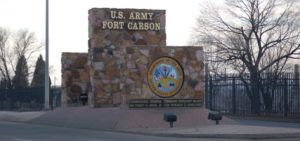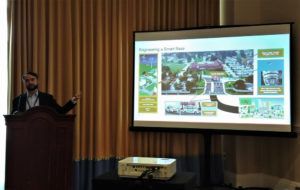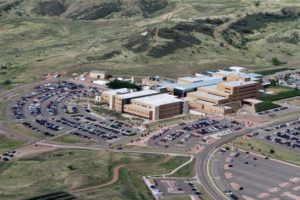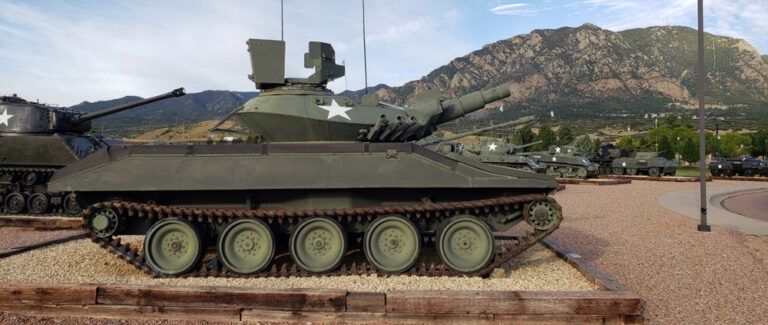Non‐profit smart city development organization US Ignite is leading a US$4m project in Colorado that aims to help US military bases and their surrounding areas prepare for the advent of autonomous vehicles (AVs) and smart mobility options.
Out of an annual transportation budget of US$1bn, the US Department of Defense (DoD) spends US$435m annually for non-tactical passenger vehicles and light trucks, with a use rate of just 7%. This puts the DoD in a unique and urgent position to make use of new technologies that could significantly reduce vehicle spending. In addition, with a large percentage of service members living off base, the development of new sensor-driven and AV-related technologies has the power to improve road safety and decrease congestion not only within military installations, but also in the cities and towns that surround them.
Funded by the US Army’s Engineer Research and Development Center (ERDC), US Ignite has launched a smart transportation testbed and AV pilot program in coordination with the Army’s Fort Carson base, the neighboring city of Colorado Springs, and the University of Colorado’s Research and Engineering Center for Unmanned Vehicles (RECUV). With a focus on reducing transportation costs, improving public safety, and delivering faster services, the US$4m joint endeavor is designed to serve as a model for future smart military installations across the USA.
 Phase one of the Fort Carson program will begin with the deployment of up to two automated shuttles on site. As the program develops, the research team will also explore on and off-post automated delivery vehicles and shuttles. The program will also include a sophisticated data sharing initiative between Fort Carson and Colorado Springs. Smart sensors will be used on the base to monitor traffic, parking, and public safety, and will be linked to information from the city’s own sensors and mapping systems to create joint data repositories. Researchers will apply analytics to these datasets to improve safety and services, and eventually to develop machine-learning models that prioritize transportation resources based on usage rates and community needs.
Phase one of the Fort Carson program will begin with the deployment of up to two automated shuttles on site. As the program develops, the research team will also explore on and off-post automated delivery vehicles and shuttles. The program will also include a sophisticated data sharing initiative between Fort Carson and Colorado Springs. Smart sensors will be used on the base to monitor traffic, parking, and public safety, and will be linked to information from the city’s own sensors and mapping systems to create joint data repositories. Researchers will apply analytics to these datasets to improve safety and services, and eventually to develop machine-learning models that prioritize transportation resources based on usage rates and community needs.
“This research will advance the US ability to leverage autonomous transportation systems to improve mission readiness and mission assurance at installations in areas that include infrastructure, operations, security, economics, communications, and planning to meet our National defense objectives,” said ERDC program manager, Jim P Allen. “Smart military posts, like smart cities around the country, must explore advancements in mobility and automation that leverage sensors and big data to optimize operational efficiencies and improve the lives of soldiers and their families. Fort Carson’s controlled installation environment also connects to the larger Colorado Springs region, making it an ideal research testbed for at-scale development of next-generation transportation technology.”
 Nick Maynard, US Ignite’s chief strategy officer, said, “The future of smart military installations, and of transportation technologies, is dependent on implementing high-quality, data-driven, and repeatable pilot programs that enable researchers to investigate challenges securely and at scale. We envision the Fort Carson project as the start of a wave of new research testbeds at military posts that will help revolutionize transportation for decades to come.”
Nick Maynard, US Ignite’s chief strategy officer, said, “The future of smart military installations, and of transportation technologies, is dependent on implementing high-quality, data-driven, and repeatable pilot programs that enable researchers to investigate challenges securely and at scale. We envision the Fort Carson project as the start of a wave of new research testbeds at military posts that will help revolutionize transportation for decades to come.” 





